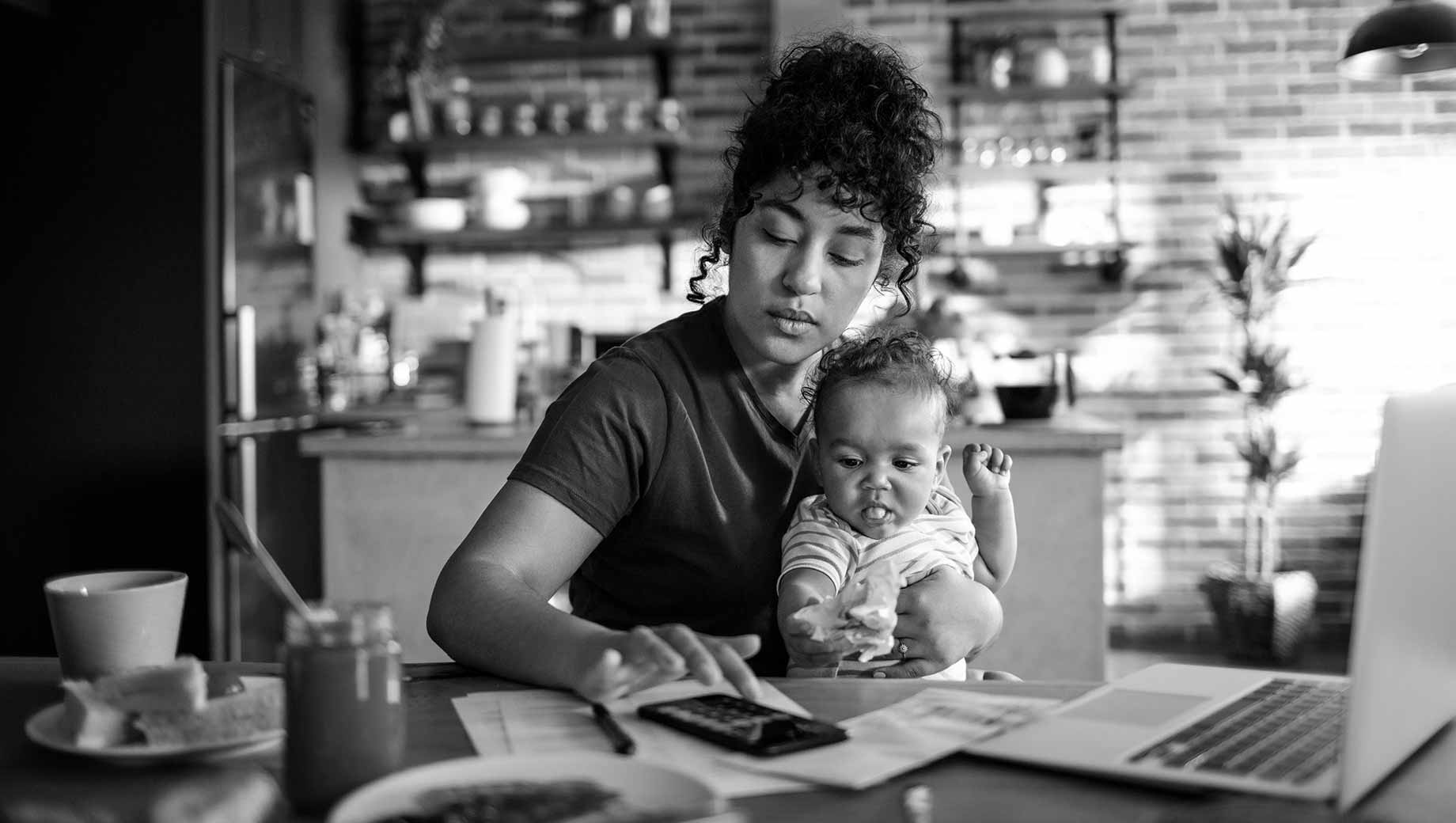
The landscape of family structures has evolved over the years, reflecting the dynamic nature of society. One such transformation is the rise of single-parent households, where one parent shoulders the responsibilities of raising a child or children independently. While the terms "single mother" and "single parent" are often used interchangeably, they encompass different facets of single parenthood. In this article, we explore the difference between single mothers and single parents, shedding light on their unique experiences and challenges.
1. Single Mothers:
Single mothers are women who assume the primary caregiving role and responsibility for their children without the presence of a partner or spouse. This status may arise due to various circumstances, such as divorce, separation, widowhood, or choice. Single mothers are prevalent in society, and their journey through single parenthood can be both rewarding and challenging.
Challenges Faced by Single Mothers:
- Balancing work and childcare responsibilities.
- Financial strains and economic challenges.
- Coping with societal stigma or stereotypes about single motherhood.
- Navigating co-parenting or custody arrangements if applicable.
2. Single Parents:
The term "single parent" encompasses both single mothers and single fathers. A single parent is an individual who takes on the responsibility of raising a child or children independently, regardless of gender. They may have become single parents through divorce, separation, widowhood, or adoption. Single parents face similar challenges, regardless of their gender, as they shoulder the responsibilities of nurturing and providing for their children alone.
Challenges Faced by Single Parents:
- Managing household and parenting duties single-handedly.
- Coping with emotional and psychological strains of single parenthood.
- Balancing work and family life effectively.
- Providing emotional support to their children during difficult times.
The difference between single mothers and single parents lies in their specific gender roles within the context of single parenthood. Single mothers are women who independently raise their children, while single parents include both mothers and fathers in the role of primary caregiver. However, both single mothers and single parents face common challenges, such as financial constraints, work-life balance, and emotional strains.
It is essential to recognize and support the diverse experiences of single mothers and single parents, acknowledging the resilience and dedication they exhibit in providing a nurturing and loving environment for their children. Empowering single parents with resources, social support, and understanding can help them overcome obstacles and create a positive and fulfilling environment for their families. Ultimately, nurturing a compassionate and inclusive society allows us to appreciate the invaluable contributions of all single parents, regardless of their gender.
